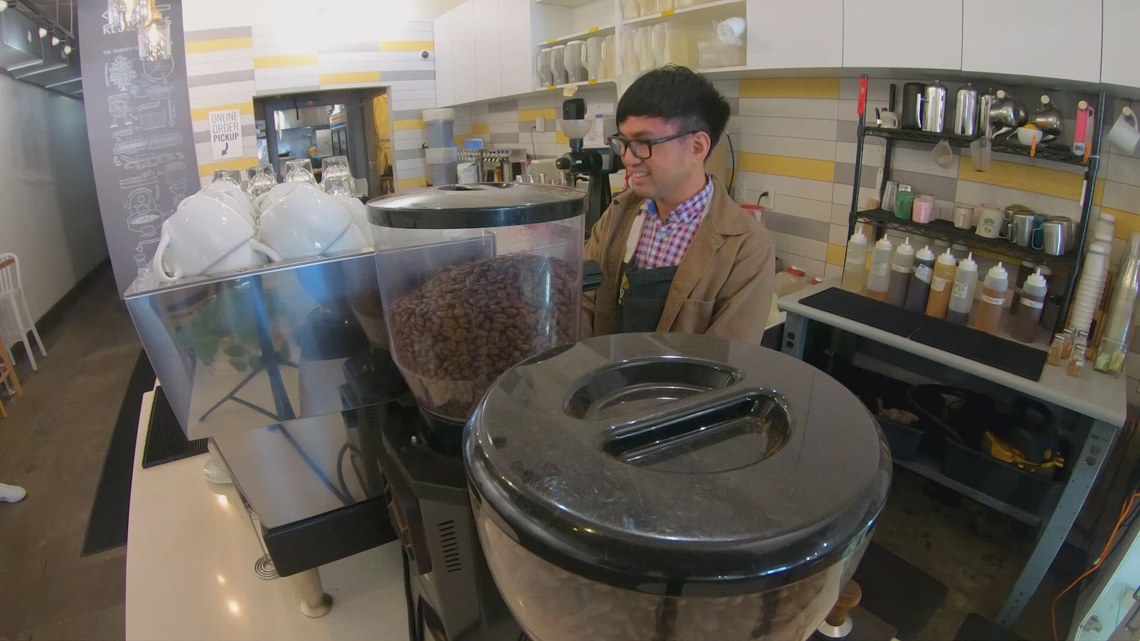
A political feud is turning your latte into a luxury, as Houston coffee shops brace for the bitter impact of Brazil’s politically motivated 50% tariffs.
HOUSTON — If your morning coffee is starting to feel more expensive, you’re not imagining it. A steep new U.S. tariff on Brazil — the world’s largest coffee exporter — is poised to make your daily caffeine fix cost even more.
President Donald Trump recently announced a 50% tariff on Brazilian imports, the highest against any nation. The move isn’t over trade disputes, but rather to show support for former Brazilian President Jair Bolsonaro, now facing trial for allegedly masterminding a 2022 coup attempt to stay in power in the Latin American country.
Michigan State University food economist David Ortega calls the tariff a “gut punch” to the coffee industry at the worst possible time, predicting higher prices for consumers in the near future.
Coffee shops already feeling the heat
At Boomtown Coffee in the Heights, Vice President of Operations Dean Borgerding says prices have already been climbing due to extreme weather affecting coffee crops worldwide. Now, this tariff adds a new “line item” to invoices and more uncertainty for small businesses.
“We’re only doing what we have to do to stay in business,” Borgerding said. “Uncertainty, that’s the word we’ve been waking up and going to sleep with.”
New business, big risk
Just down the road from Boomtown Coffee, newly opened Caffe Trein is facing an even bigger challenge. Ninety-five percent of its coffee comes directly from Brazil.
Owner Pedro Araujo, a 4-time jujitsu champion, imports freshly roasted beans every six to eight weeks, and says the tariff means a shipment that once cost $10,000 now costs $15,000.
“It was very scary at first,” Araujo admitted. “It adds extra pressure. It doesn’t make our lives any easier.”
For a shop that’s only been open two weeks, raising prices is the last thing Araujo wants to do.
“The goal is never to present the product and then a month later say, ‘Hey, you like it?, let’s change the price,'” Araujo said.
What It Means for You
Coffee lovers will see the impact not just at local shops, but in grocery store aisles too. A pound of ground coffee that cost about $6 last year is now more than $8 — and that’s a price change that happened before the tariff went into effect.
Experts warn that whether the increase is a matter of cents or dollars depends entirely on how long the tariff stays in place.
